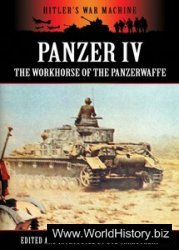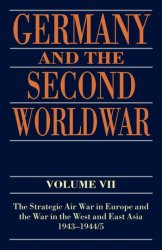Speer did not limit his opposition merely to pious utterances. He put the enormous weight of influence he had as dictator of industrial production to the task of avoiding implementation of the "scorched earth” order.
In this covert activity he received positive support from Kesselring; as a result, in its retreat from the Rhine to the Elbe and beyond, the German Army restricted itself to forms of destruction which are common in such cases to all the armies in the world. Two circumstances favoured Speer in carrying out his policy: the headlong nature of the Allied advance after March 31 and, in the German camp, the explosives crisis, further exacerbated by the disorganisation of transport.
At the end of 1966, on his release from Spandau prison, to which he had been sent by the Nuremberg trial, Albert Speer was greeted by manifestations of sympathy. This was interpreted by some as the sign they had been seeking since

1945 of a recrudescence of Nazism in the Federal Republic. Such an interpretation seems quite unwarranted. Rather, it would seem that Speer’s sympathisers wanted to show public recognition of the man who, in spite of Hitler and at the risk of his life, had chosen to safeguard the means of survival and recovery so that one day another Germany might live.




 World History
World History









